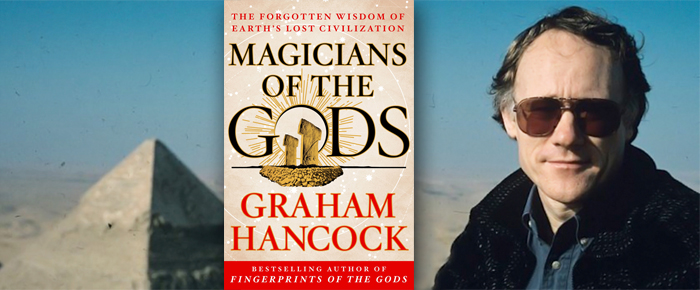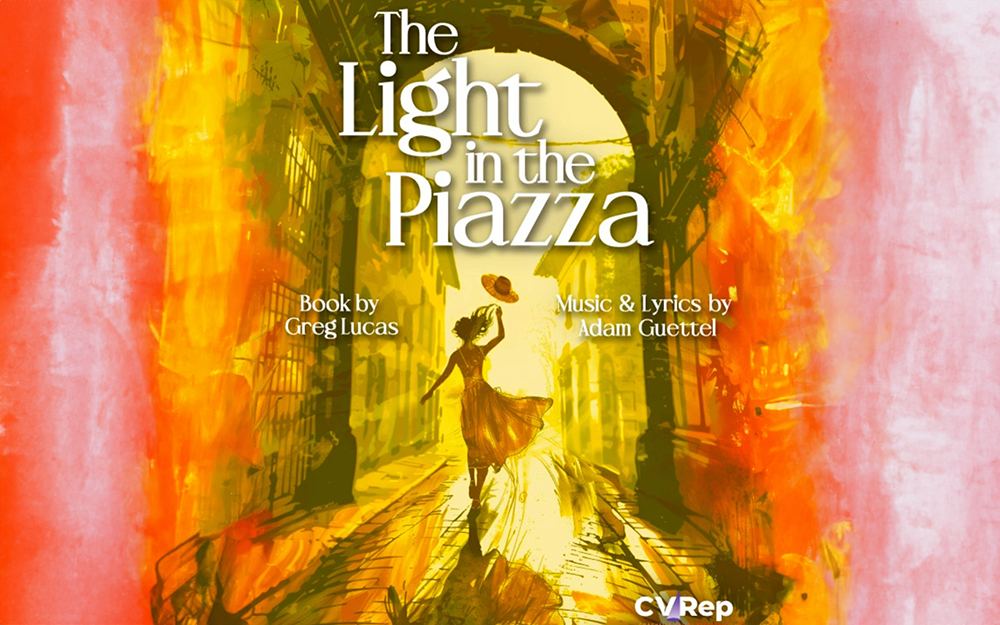
By Heidi Simmons
—–
“Magicians of the Gods”
by Graham Hancock
Nonfiction
—–
If you spend too much time thinking about it, you realize, life is just strange. We find ourselves here, on this beautiful planet, without absolutely knowing why. Certainly there are narratives that help us cope with the existential questions of existence, but what are the facts, and is there a specific truth of how humans came to inhabit such a perfect place in the universe?
In Graham Hancock’s Magicians of the Gods: The Forgotten Wisdom of Earth’s Lost Civilization (Thomas Dunne Books, 528 pages) ancient history is unearthed to show that a sophisticated world existed before it was destroyed.
The author begins at the end of the last ice age 12,800 years ago, when a mega comet entered our solar system and broke into pieces some of which hit the earth causing global cataclysm. (This catastrophe is not what destroyed the dinosaurs. That event was earlier.) Instantly melting the icecaps from the comet’s heat, the earth was flooded destroying an advanced civilization and killing the mega fauna and beasts like mammoths and giant sloths. This is the deluge that is remembered in over 2000 myths around the world. The most familiar story being Noah and the ark.
At about 11,600 years ago, there was again impact from comet fragments, furthering another cataclysmic event. Plato refers to this devastation with a date, writing that the event was responsible for the destruction and submergence of Atlantis. Author Hancock spends time showing where the physical destruction happened and what exists in those places today.
Recounting recent archeological discoveries, Hancock travels around the world to newly uncovered sites and compares the findings with other known ancient sites. Pictures, maps and fascinating interviews with experts makes a case for not only the cataclysmic events during that time period, but that there were civilizations and survivors!
These survivors traveled the earth to pass along information of the destroyed world in order to help rebuild humankind and civilization. They were called “Sages”, “Magicians,” “The Shining Ones,” and “Mystery Teachers of Heaven.” Hancock believes that these people traveled the earth by boat and settled in key locations around the globe that include: Göbekli Tepe in Turkey, Baalbek in Lebanon, Giza in Egypt, ancient Sumer, Mexico, Peru and Indonesia where pyramids have recently been uncovered.
Hancock calls these people the “Magicians of the Gods.” They were the keepers of human history. They taught about architecture and agriculture. They also shared the memory of a time when mankind had fallen out of harmony with the universe and paid the ultimate price. These “magicians of the gods” also warned the world’s people that they were at risk of further destruction. The comet fragments are still in orbit and once again will hit the earth.
If all of this sounds crazy, I get it. But the author writes in a conversational and inquisitive voice that makes his theories – hypothesis — and observations easy to follow, completely intriguing and extremely entertaining! He talks with experts, looks at scientific data and delivers credible arguments. The book includes appendices, references and an index.
This is Hancock’s fifth nonfiction book. He’s an international author. Hancock’s bestsellers The Sign and the Seal and Fingerprints of the Gods are very much companion pieces to Magicians of the Gods. The trifecta builds on a similar notion that there was an intelligent, possibly otherworldly presence on this planet and a consistent series of destructive forces. Somehow, today, we have lost ancient knowledge and forgotten our past.
Together these books show a wonderful and mysterious world that exists all around us. Without preaching, Hancock puts his ideas toward a bigger picture of our time recognizing we must pay attention, and be not only self-aware, but aware of the changing environment and universe. There are great pictures and illustrations throughout the book. If you love archeology, ancient cultures and grand mysteries of the universe, this book is a fun read.
My favorite mystery, seen consistently in the ancient carved ruins, is that many of the “gods” look to be carrying a small handbag or purse. What it is or represents is open for interpretation. That weird detail blows my mind. Also, this book made me think if human beings were all wiped off the face of the earth, what would be left behind? And what would the next people or inhabitants think about who we were.
We think of ourselves as being smarter than our ancestors and more highly evolved. But after reading The Magicians of the Gods I’m not so certain that’s not true. Like small children we are selfish, entitled, messy and greedy. However, I believe there is much hope in humans. If this amazing universe can inspire us, and we love our world and each other, life on this planet is magical.
Author Graham Hancock will be one of the keynote speakers at the Joshua Tree “Contact in the Desert 2016” conference June 3-6.










































